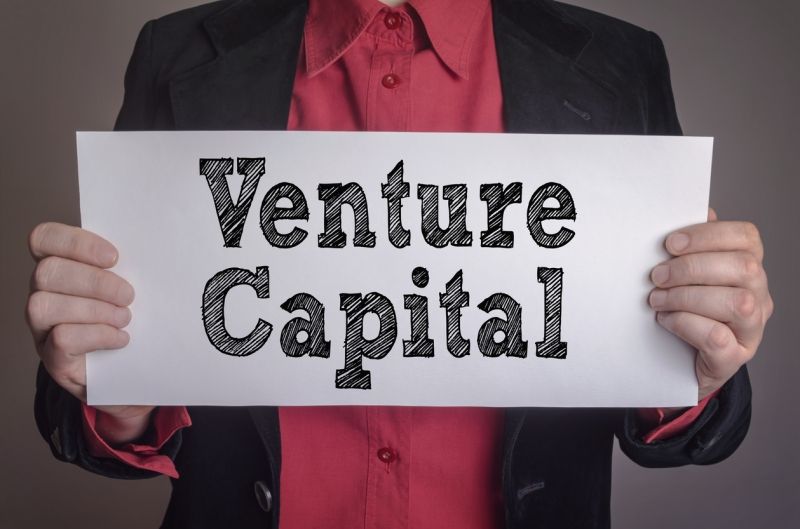
Striking it rich on unicorn startups five percent of the time is considered a good return; David Su gets it right about once in five tries
In 1999, Singaporean David Su was running IBM’s Beijing office with a team of 300 staff and two assistants. The 30-year-old was paid handsomely and was earmarked for senior management.
At the same time, the nascent Chinese internet scene was building up a head of steam. “A lot of returning Chinese scientists such as Sohu’s Charles Zhang were entering the scene,” Su recalls in a fireside chat on the sidelines on the recent Lee Kuan Yew Global Business Plan Competition. “Enterprise software at that point was relatively boring. So I got interested. In December 1999 I decided to quit IBM.
“I was responsible for the region so I had to give three months’ notice and hand over my responsibilities. I was happily disengaging and moving to a Singapore-based firm called TDF Capital. I started in my new job in the first week of February 2000 and the [internet] market went away in mid-March,” says Su, referring to the dotcom bust. “I went, ‘This is a real mistake! What have I done?’ I took a huge pay cut too.’”
RIGHT TIMING, RICH PICKINGS
As it turned out, the dotcom bust was a silver lining among dark clouds.
“The good thing about us was that we were one of the few small pockets of money still around after the dotcom crash,” he explains. With US$30 million, Su invested in 16 companies that included web services company Baidu (百度). From 2000 to the time he left TDF Capital in 2008, Su handled 10 exits and six IPOs – an impressive record.
But Su made his fair share of mistakes in the beginning.
“My first few investments were in enterprise software,” Su reveals, reflecting his background at IBM. “My first two companies were painful because I spent six to seven years working on them, and they both didn’t work out. By the end of 2002, I spoke to people and realised I have to look beyond enterprise software.”
Su left TDF Capital to form Matrix Partners China with Bo Shao, the founder of Eachnet which was acquired by eBay for US$150 million, and David Zhang. Together, the trio of co-founders have invested in 40 companies and seven have achieved unicorn status i.e. valued at US$1 billion or more. That works out to 17.5 percent of the companies in the fund reaching the coveted classification where two to five percent is generally considered a good ratio.
According to Su, it was a matter of being in the right place at the right time.
“When we raised our second fund back in 2010, I remembered clearly that the iPhone was still at the 3GS model. The thing about the iPhone 3GS was that it had GPS and full touch screen capability – everything was coming together. For the first time in human history you have a very powerful small computer, graphics-driven, touch-based; it’s all-in-one. I wondered, ‘Will this change the entire internet space?’
“In my first eight years as a venture capitalist, I invested in Symbian applications that never really took off. We made a fateful decision to invest in mobile apps. We were investing in mobile weather apps, mobile calendar apps, and from 2010-2013 the business model started coming together.”
He adds: “We backed ele.me when there were 300 grad students who stayed in a dorm too far away from the nearest takeout place, which took a 25-minute walk. They said, ‘Why don’t I put an app with my favourite eatery, and I can just order my food? That’s how ele.me started. Today they serve 10 million daily orders.
“Didi (滴滴出行), meanwhile, was different. There were lots of taxis but people couldn’t get them. So Didi’s founders said, ‘Why don’t we have an app for taxi drivers – the taxi companies weren’t happy about it – to help them supplement their usual cruising? And people can call them for a booking.’ It started small.”
PLACING THE RIGHT BET
With a portfolio of flourishing companies and established unicorns such as Liepin.com (猎聘网) and Ofo (小黄车), how does Su and his co-founders identify a good founder on whom to place their bets?
“We don’t spend a lot of time with a founder, usually about an hour,” Su says. “In that short period of time we want to know how he or she came up with that idea. What problem are you solving? It requires good communication skills. Generally, founders can put across clearly in simple words what they are trying to do.
“Use simple words, don’t use words such as ‘synergy’. If you’ve put thought into your product, you’d have a good sense of how big is the market and who your key target customers are.”
What about having mentors to guide the founders? Will that help a startup grow?
“I don’t like the word ‘mentor’ because it’s often tied to angel investment. It sounds like the guy knows what he’s doing. I’m telling you: Half the time I don’t know what I’m doing,” Su confesses rather sheepishly, sparking appreciative laughter from the crowd. “When you get money from an investor who’s giving you direction on alignment of goals, you’re taking money from the wrong guy.
He concludes: “The mentality of the investor must be, ‘This money is not that important to me.’ Everyone has this dream of investing in the angel round of Facebook or Uber, but it rarely happens, maybe a one in a million chance. So, don’t focus on what an angel investor wants. You can convince them to put money with you, get back to work and focus on delivering it.”
Follow us on Twitter (@sgsmuperspectiv) or like us on Facebook (https://www.facebook.com/PerspectivesAtSMU)